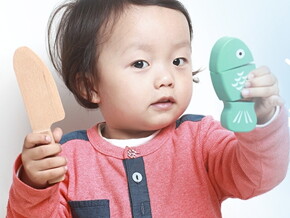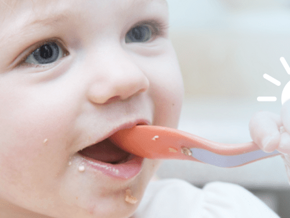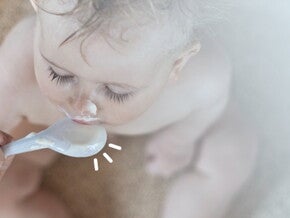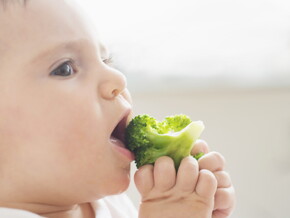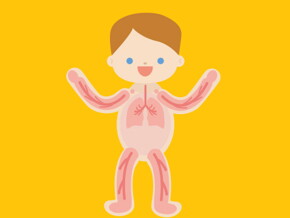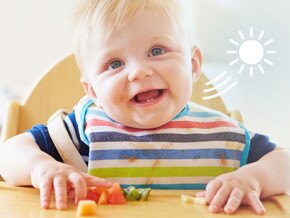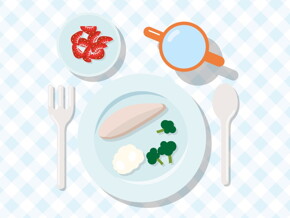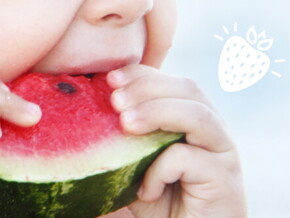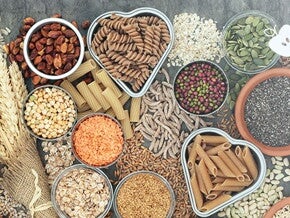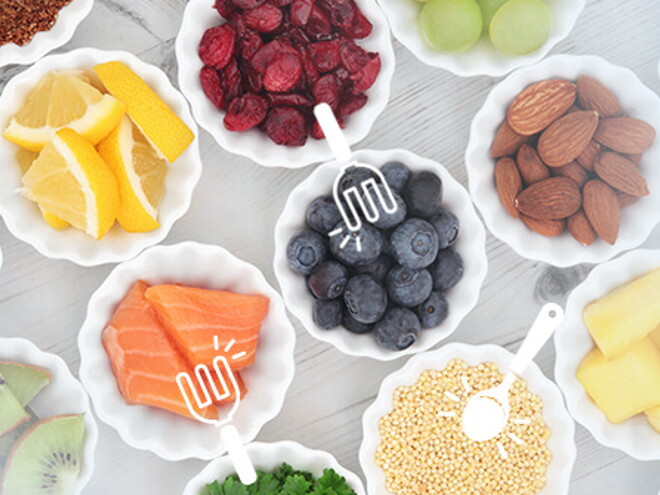
Research has shown that after their first birthday, toddlers may not be consuming all of the nutrients they need each day. In general, toddlers across the globe are not eating enough fruits and vegetables, which provide a range of vitamins, minerals, and fibre. In contrast, they are being offered foods and beverages with too much salt and sugar.
When toddlers begin to be offered the foods the rest of the family are eating, they may not get all the nutrients they need. Foods lacking in essential vitamins and minerals can start to take up space in their small tummies, crowding out the more nutritious foods, and leading to nutrient gaps.
Try to think of fruits and vegetables as essential building blocks of all meals and snacks. As your toddler eats more of the same family foods as you, be mindful of how much salt you add during home cooking and consider how you often offer sweet treats and desserts.
What’s missing?
There are several nutrients that 12 to 18-month-old toddlers may be lacking in their diets. One nutrient that is often low in toddler diets is iron. Iron is essential for healthy growth and development.
Many toddlers around the world may not be getting enough vitamin D. The main source of vitamin D is the body's ability to make it when the skin is exposed to sunshine. Vitamin D can also be found in a small number of foods. Toddlers need vitamin D to build their bones and keep them strong.
Toddlers may not be getting enough healthy fats in their diets. Of particular concern is their intake of the omega-3 fatty acid DHA, also known as docosahexaenoic acid. DHA is essential for the development of brain tissue.
What can you do?
By offering your toddler a wide variety of foods, with fruits and vegetables included in all meals and mini meals, you will give them the best chance of having a healthy diet. Adding nutrient-rich foods from the other food groups—dairy, grains, and meat/fish/protein foods—is a good way to make sure your little one doesn’t miss out on any key nutrients. Remember, you are your toddler’s role model, so show them how much you enjoy eating healthily and they will be more likely to do the same.
Sources
Duyff, RL (2017). Academy of Nutrition and Dietetics. Complete food and nutrition guide (5th ed.). Boston, MA: Houghton Mifflin Harcourt.
Eussen S, Alles M, Uijterschout L, et al. Iron intake and status of European children ages 6-36 months in Europe: A systematic review. Ann Nutr Metab 2015; 66(2-3):80-92.
Romero-Velarde E, Villalpando-Carrion S, Perez-Lizaur AB, et al. Guidelines for complementary feeding in healthy infants. Bol Med Hosp Infant Mex 2017;
https://doi.org/10.1016/j.bmhimx.2016.06.007
Welker EB, Jacquier EF, Catellier DJ, et al. Room for improvement remains in food consumption patterns of young children aged 2-4 years. J Nutr 2018; 148:1-11.
World Health Organization. Infant and young child feeding: Model chapter for textbooks for medical students and allied health professionals. Geneva, World Health Organization, 2009.
https://ods.od.nih.gov/factsheets/VitaminD Health Professional/ (Accessed August 8 2018)





